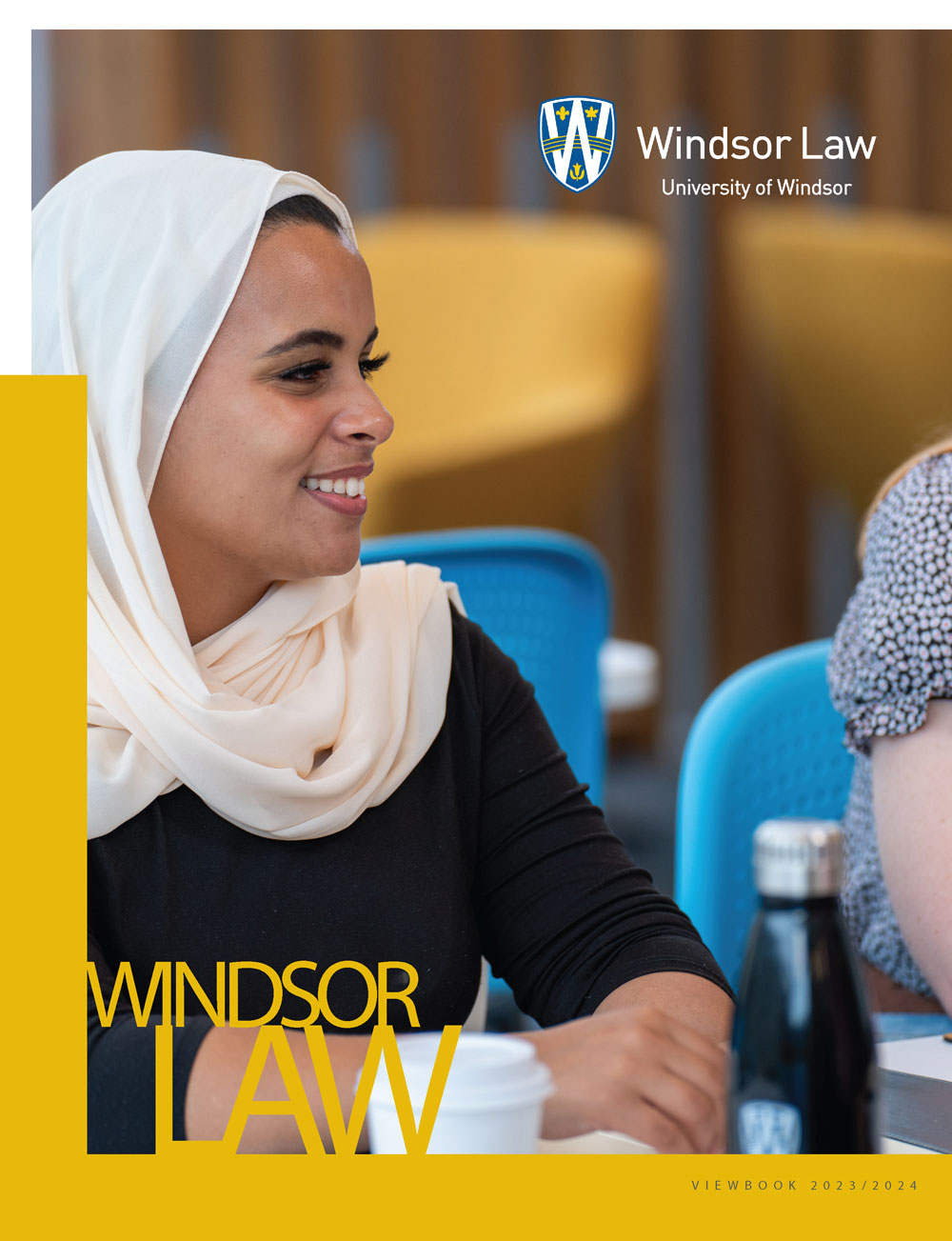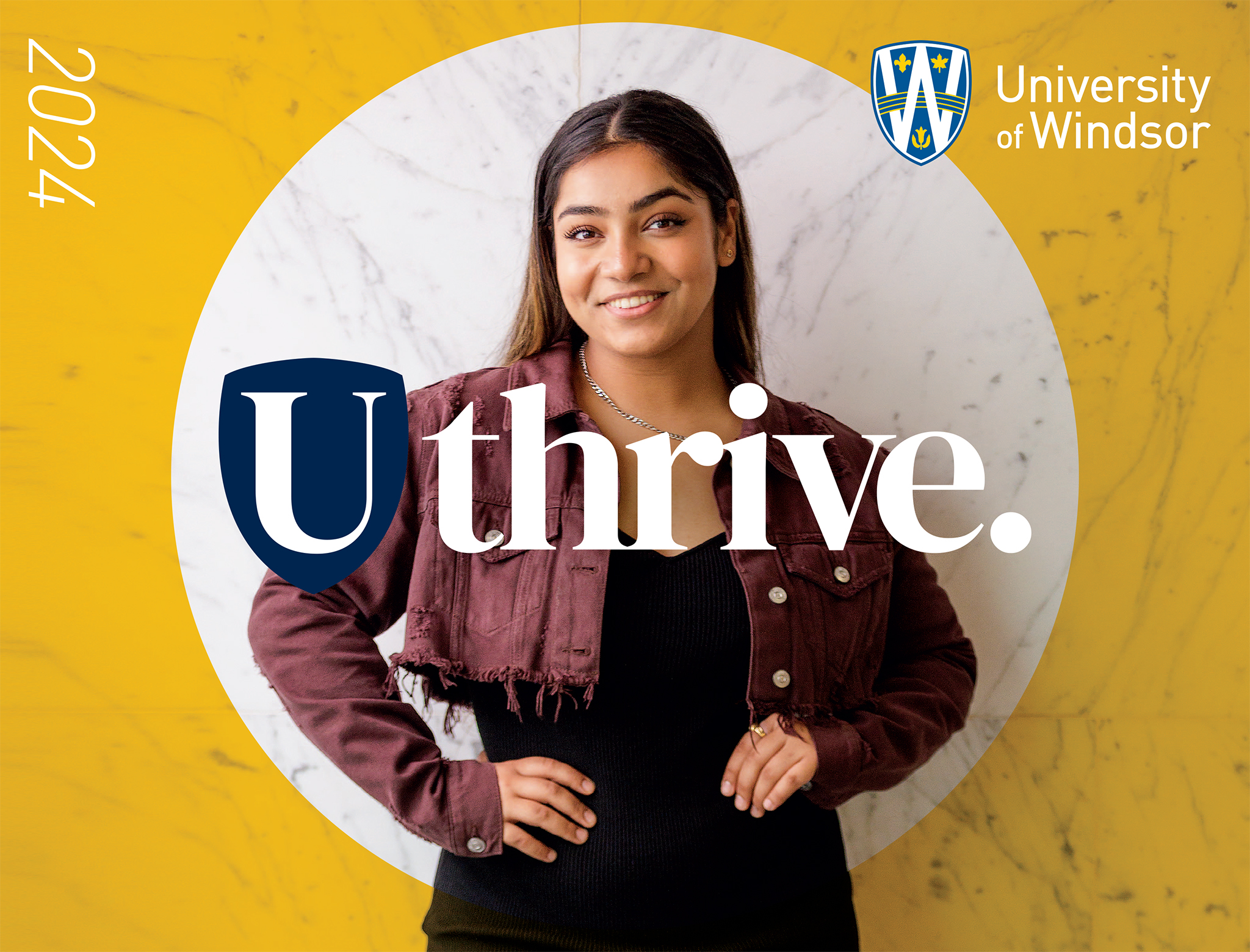Indigenous Legal Studies Program
Windsor Law sits on the traditional territory of the Three Fires Confederacy comprised of the Odawa, Ojibway and Potawatomi and has a strong commitment to enhancing Indigenous voices and scholarships in the Windsor community and within the legal profession.
Indigenous Faculty of Law members and non-Indigenous allies within the Faculty of Law at the University of Windsor have launched and continue an ongoing effort to act in response to the Truth and Reconciliation Commission of Canada.
Our mission is to educate ethical, justice-seeking lawyers through teaching, research, advocacy and service.
Our vision is to create an enriching school where thought and action inspire a community that is passionate about achieving a more just and equitable world.

Windsor Law is building on a long-standing commitment to social justice that seeks fairness, equity and dignity, with particular focus on relationships with Indigenous peoples.
Our mandatory Indigenous Legal Orders course is taught by Indigenous faculty members, Knowledge Keepers, Elders, Indigenous Scholars and guest speakers.
Windsor Law offers hands-on, experiential learning of Indigenous Legal Orders by taking students, faculty and staff to local First Nations.
Teachings are conducted in an outdoor setting to assist students in understanding how Indigenous law is found in many different aspects of the living and natural world.
Students also have the opportunity to join the Shkawbewisag Student Law Society, a student group that organizes several activities throughout the year including Indigenous panels, pow wows, round dances and walk-outs.
Michelle Nahdee
Indigenous Legal Studies Coordinator
University of Windsor Faculty of Law













